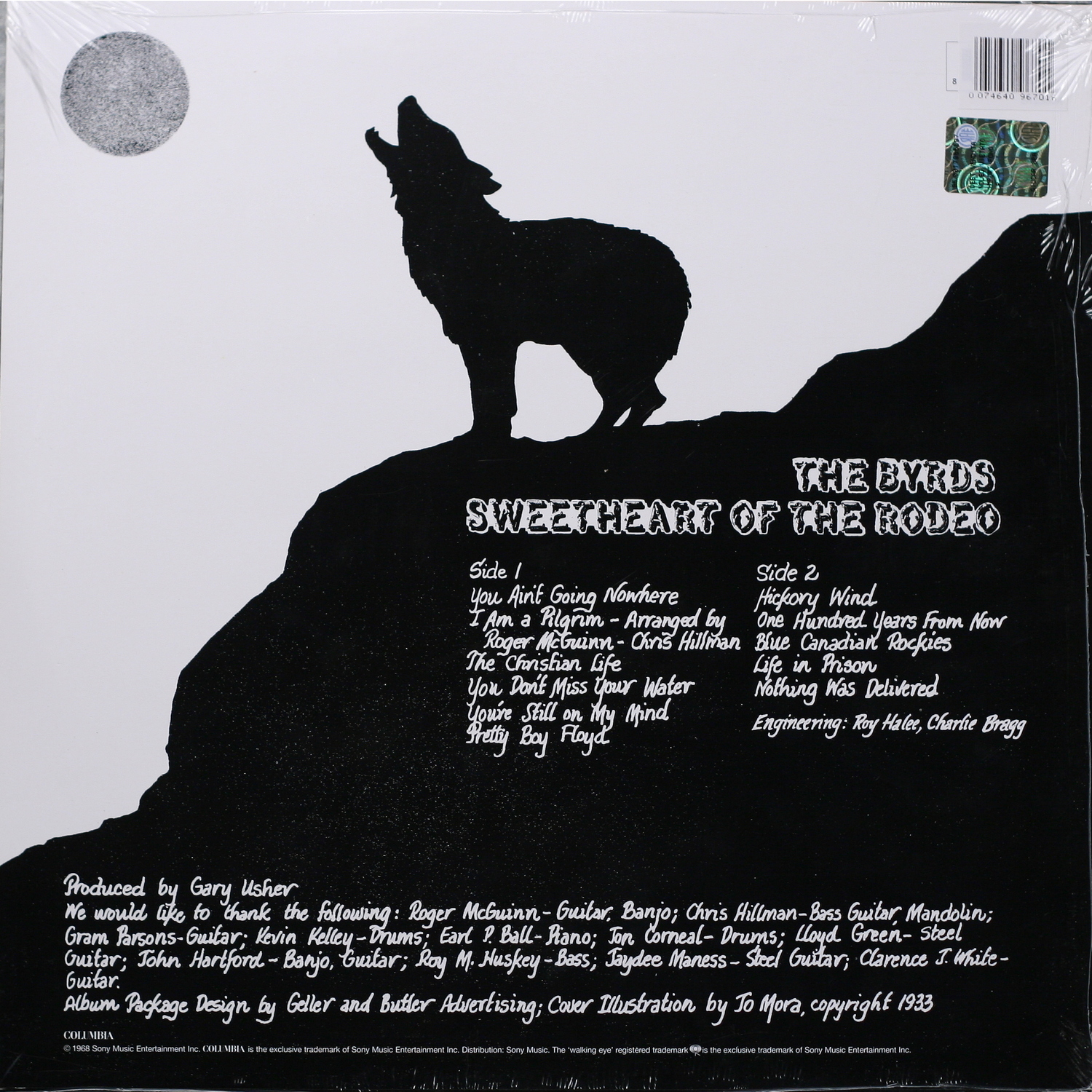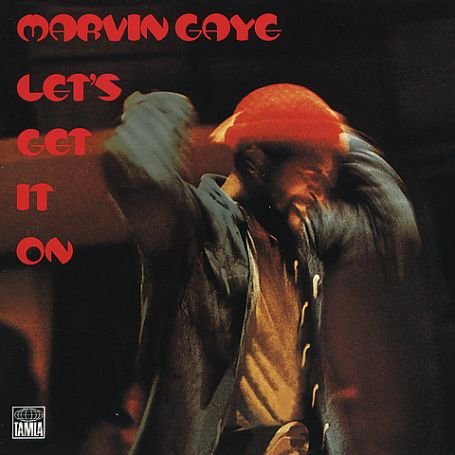
The Breeders spawned an alternative phenomenon with the fuzzy funky fusion of this underground classic. Formed as a side project by the Pixies' Kim Deal and Throwing Muses' Tanya Donnelly, the group released the powerful 'Pod' to critical acclaim. They recorded the transitional 'Safari' EP with Donnelly and Kim's twin sister Kelley before Donnelly would leave to form Belly. By this point, the Pixies disbanded and Kim was able to pursue the Breeders as a full time gig.
'Last Splash' was produced by Kim Deal and Mark Freegard at Coast Recorders & Brilliant Studios in San Francisco, California; and at Refraze in Dayton, Ohio. The sessions featured Kim Deal on lead vocals, guitar, moog, and casiotone; Kelley Deal on guitar, kenmore 12-stitch, vocals, and lead vocals on "I Just Wanna Get Along"; Jim MacPherson on drums; and Josephine Wiggs on bass guitar, double bass, vocals, cello, and drums on "Roi"; with Carrie Bradley adding violin and vocals.
Kelley admits: “Everyone was so patient with me. Kim could have done my parts in a heartbeat. Anyone could have, really. I had people taping my strings for me; they knew my experience level. But my playing comes across as so naïve; there’s a vulnerability. There are so many things I’d do differently if I knew then what I know now, but it’s so unaffected, and I think people can hear that...There’s a lot of playfulness to 'Last Splash'."
'Last Splash' charted at sixty-eight in Germany, forty-four in Canada, forty-three in Sweden, forty-one in the Netherlands, thirty-three in the US, twenty-two in Australia, eleven in New Zealand, and number five in the UK. The album was certified platinum in less than a year. Kim considers: “I think the album has aged fantastically. If you wanted to look at particular songs, you could cram them into certain genres, but the album as a whole, I don’t hear a genre. So much new music is dated so immediately. Whether or not this album is your tea of cup, it certainly doesn’t sound dated ... We weren’t riot grrl and we weren’t grunge. Hopefully, we were joyful and natural.”
http://breedersdigest.net/
http://thebreederslsxx.com/
'Cannonball' hit number forty-four on the US pop chart, forty in the UK, thirty-five in the Netherlands, thirty-two on the US mainstream rock tracks chart, eight in France, and number two on the US alternative chart; and was named Single of the Year by the NME. The video was directed by Kim Gordon and Spike Jonze.
http://www.youtube.com/watch?v=fxvkI9MTQw4
'Divine Hammer' broke through to number one hundred and four on the US pop chart, fifty-nine in the UK, and number twenty-eight on the US alternative chart. The video was directed by Kim Gordon, Spike Jonze, and Richard Kern.
'Saints' found its way to number one hundred and nine on the US pop chart and number twelve on the US alternative chart.
http://www.youtube.com/watch?v=ACD1rH-geZQ
'Last Splash' full album:
All tracks written by Kim Deal, except where noted.
1. 00:00 New Year
2. 01:56 Cannonball
3. 05:30 Invisible Man
4. 08:17 No Aloha
5. 10:24 Le Roi
6. 14:35 Do You Love Me Now? (Kim Deal, Kelley Deal)
7. 17:37 Flipside
8. 19:36 I Just Wanna Get Along (Kim Deal, Kelley Deal)
9. 21:20 Mad Lucas
10. 25:56 Divine Hammer
11. 28:37 S.O.S.
12. 30:10 Hag
13. 33:04 Saints
14. 35:36 Drivin' on 9 (Dom Leone, Steve Hickoff)
15. 38:58 Le Roi (Reprise)









